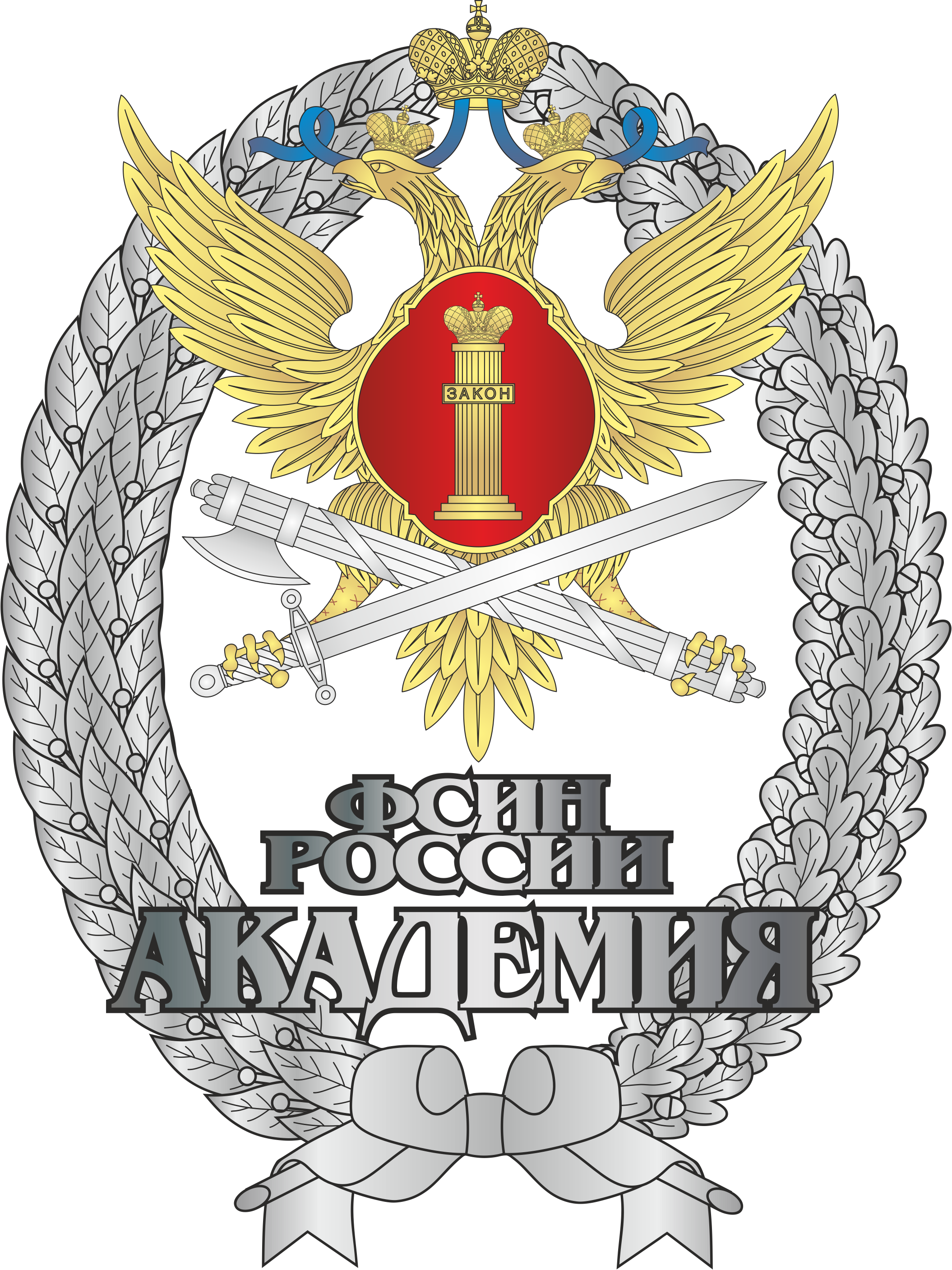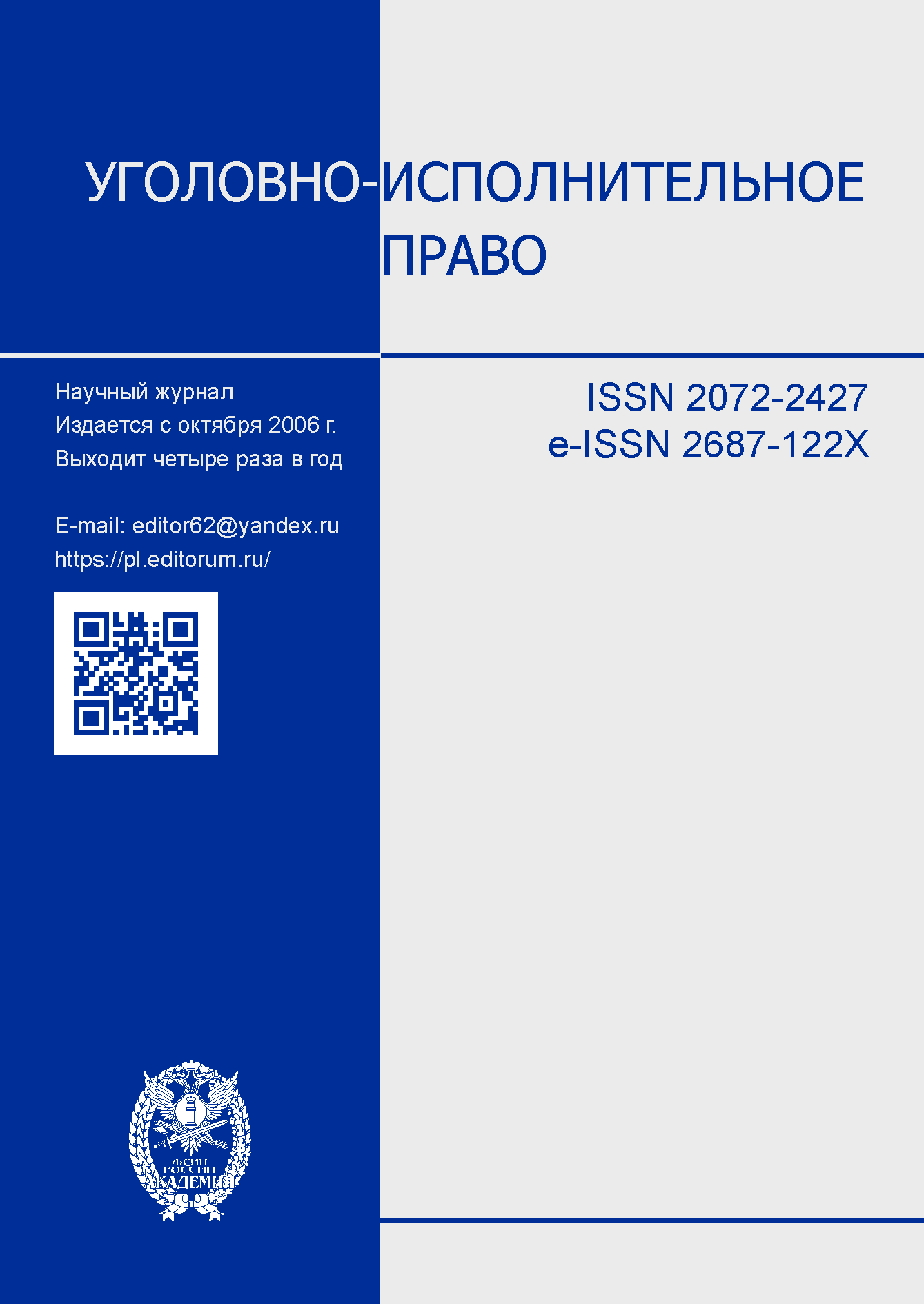Russian Federation
UDC 34
The study of the provisions of the main special international standards for the treatment of persons sentenced to deprivation of liberty has led to the conclusion that the issues of solitary confinement have been reflected to some extent in all documents of this kind. However, a special place in the regulation of solitary confinement is occupied by the UN rules of Nelson Mandela adopted in 2015. The most significant innovations in this document were the definitions of the concepts of “solitary confinement” and “long-term solitary confinement”. In addition, these notions are included in the number of measures equivalent to torture or other cruel, inhuman or degrading treatment or punishment, the importance of the prohibition of them is confirmed by its establishment in the first basic principle of the Nelson Mandela Rules.The comparative analysis of the provisions of international standards in the field of solitary confinement allows us to identify a number of elements that form an international legal approach to this concept:in most international standards solitary confinement is regarded as a disciplinary sanction;the form and duration of solitary confinement shall be determined in writing in the law or by a legal act of the competent administrative authority;the obligation of the medical report concerning the ability of a convict to bear this type of penalty and in the future daily medical monitoring of prosoner’s health;the duration of solitary confinement shall not exceed 15 days;during the period of solitary confinement meaningful contact with people should be made at least 2 hours a day;the law should establish a list of categories of persons to whom solitary confinement cannot applied at all;solitary confinement must comply with established sanitary standards.In accordance with the Russian penal legislation four grounds for transfer of sentenced persons on a solitary confinement are possible. The concept of “solitary confinement” as a measure of disciplinary action in Russia is mostly consistent with such type of penalty as the placement of a convict in a punishment cell. The grounds and procedure for applying this type of penalty generally meet the requirements of the international legal approach. Certain problems with regard to the conditions of detention in the punishment cell may lead to the time frame set out in paragraph 44 of the Nelson Mandela Rules - 22 hours or more per day without meaningful contact with people since the convicts who are placed in the punishment cell without leaving work have the right to use a daily 1-hour walk.It seems that the requirements of the international legal approach to solitary confinement should be implemented in the national legislation of Russia by fixing in the Penal code of the Russian Federation both the definition of “solitary confinement” and its features, and the mechanism of execution of this disciplinary measure.
Nelson Mandela Rules, solitary confinement, international standards of convicts treatment
1. Pavlenko A. A. Obespechenie pravoporyadka v penitenciarnyh uchrezhdeniyah v svete Pravil Nel'sona Mandely // Vestnik Kuzbasskogo instituta. 2017. № 4(33). S. 79-88











